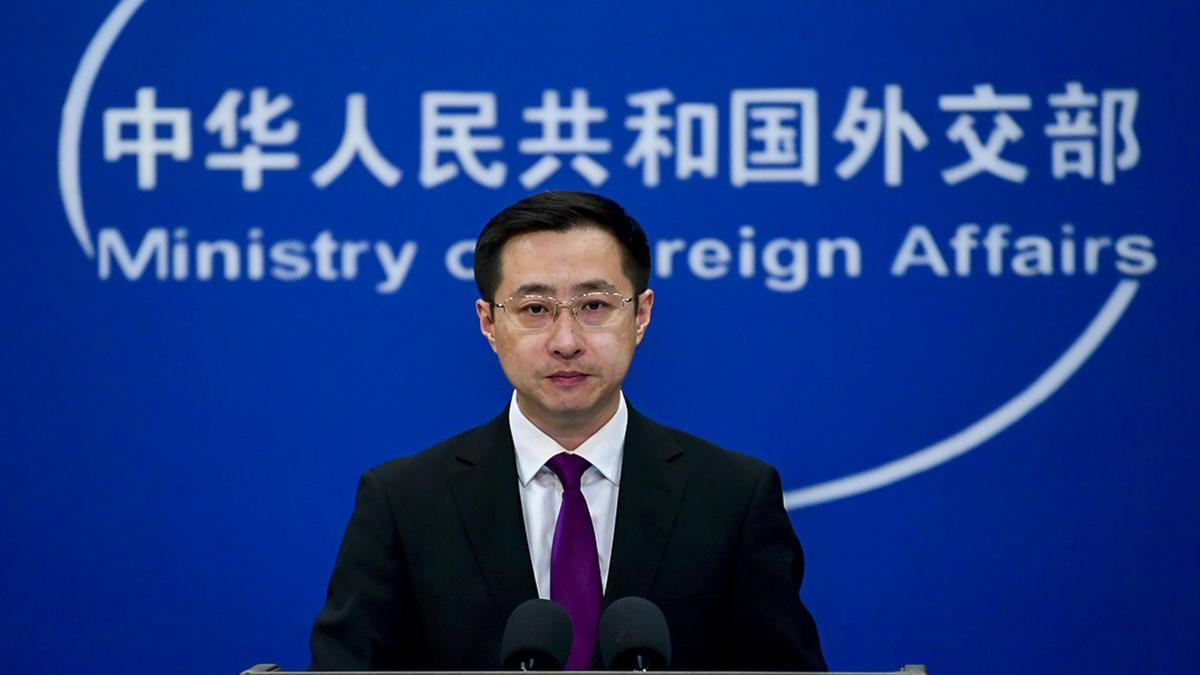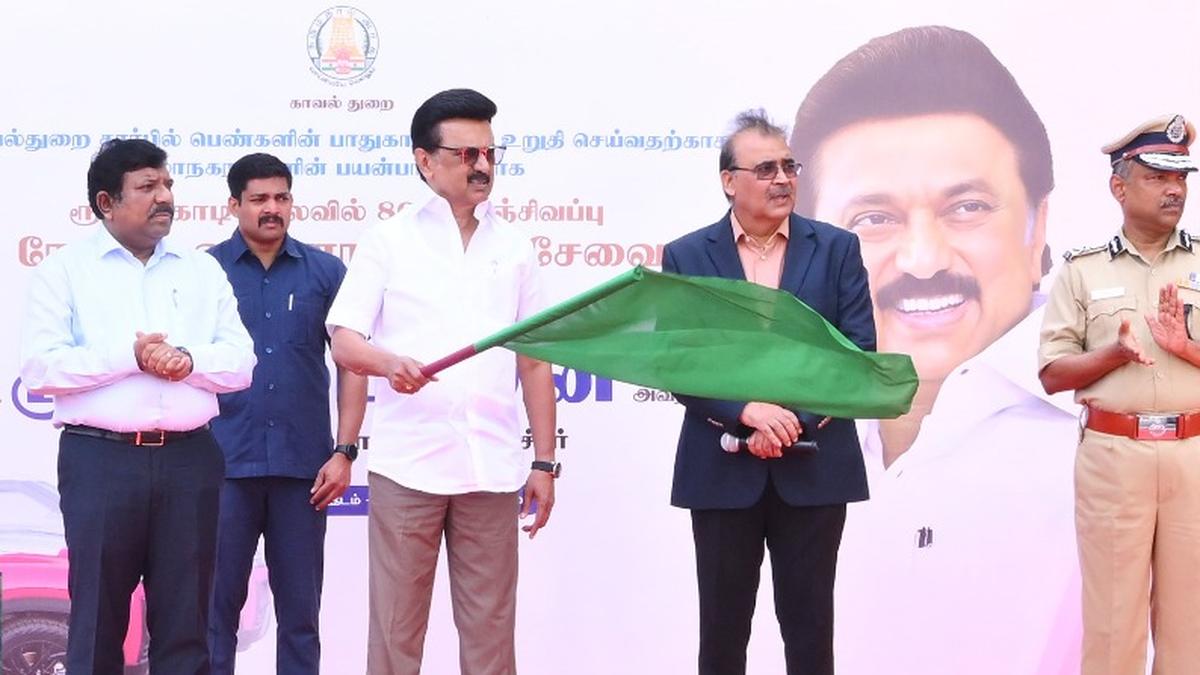ARTICLE AD BOX
Last Updated:November 11, 2025, 14:40 IST
The caste census covered an astonishing 1.46 crore households across Karnataka, making it one of the largest exercises of its kind in India.

Many field workers reportedly faced difficulties such as poor connectivity, time pressure, and resistance from households reluctant to share information (Image: X)
The long-delayed Karnataka caste census, which has survived years of controversies, political wrangling, and public scepticism, has reached its final stage. After months of fieldwork and verification, the state government has sanctioned a massive Rs. 1,27,73,45,200 as honorarium to thousands of enumerators and supervisors who collected household data across the state.
This decision marks an important step toward completing one of Karnataka’s most ambitious and politically sensitive surveys.
Payment to Field Staff Begins
The funds have been released under the supervision of the Karnataka State Backward Classes Commission and transferred to the bank accounts of Deputy Commissioners in all districts.
Each Deputy Commissioner’s office has now been instructed to ensure timely distribution of honorarium payments to the ground-level staff who undertook the survey.
According to government orders, enumerators are entitled to Rs. 50 per household with one or two members, and Rs. 100 per household with three or more members. The payment amount varies depending on the number of households surveyed in each jurisdiction.
The caste census covered an astonishing 1.46 crore households across Karnataka, making it one of the largest exercises of its kind in India.
For supervisors who oversaw and verified the data collection, the government has also approved an additional Rs. 10,000 incentive each, acknowledging their role in ensuring the accuracy of the survey process.
First Instalment of Rs. 60 Crore Released
Commission Chairman said that a total of Rs. 60.30 crore has already been released as the first instalment to the districts. The balance amount will be disbursed in a subsequent phase once the necessary approvals are completed.
Officials said the initial release of funds was meant to immediately support staff and compensate them for their fieldwork, which spanned months and required navigating tough logistical conditions.
Recognition for Ground-Level Effort
Officials from the Backward Classes Commission described the payment as a gesture of respect and recognition for the thousands of staff members who worked in demanding environments to complete the enumeration.
Many field workers reportedly faced difficulties such as poor connectivity, time pressure, and resistance from households reluctant to share information. The release of the honorarium, they said, shows that the state government acknowledges the magnitude of their contribution to what is essentially the backbone of the state’s social data.
Caste Census Nearing Completion
The survey has now reached the final stage of verification and digital confirmation. Data collected from across the state is being cleaned, coded, and integrated into a centralized system.
Once validated, the Commission is expected to submit its final report to the government soon. Sources within the Commission indicated that the digital data verification process is in its closing stages and that only a few technical checks remain.
The government’s decision to release honorarium funds now, while the final report is being prepared, has been interpreted as a confidence-building move — a message that the caste census will not be abandoned mid-way, as happened previously.
Lessons from the Past
This isn’t Karnataka’s first attempt at a caste census. The previous exercise, conducted under the leadership of Jayaprakash Hegde nearly a decade ago, ended in controversy.
That report was ultimately discarded as unscientific, resulting in a financial loss running into hundreds of crores. Many critics feared that the current survey might meet the same fate.
However, officials insist this round has been conducted with greater technical rigor and administrative coordination. Data collection has been largely digitized, verification processes are stricter, and the state government appears intent on seeing it through to completion.
The Larger Question
Even as the final report nears submission, scepticism remains. Citizens and political observers alike are questioning whether the enormous spending, estimated at several hundred crores, will translate into meaningful policy change.
The caste census is expected to influence reservation structures and welfare allocation, but it also risks becoming another politically charged document if not handled transparently.
For now, with payments released and verification underway, Karnataka’s caste census appears to be inching toward the finish line, carrying with it the weight of expectation, past failures, and the hope that this time, the effort and money will not go in vain.
The News Desk is a team of passionate editors and writers who break and analyse the most important events unfolding in India and abroad. From live updates to exclusive reports to in-depth explainers, the Desk d...Read More
The News Desk is a team of passionate editors and writers who break and analyse the most important events unfolding in India and abroad. From live updates to exclusive reports to in-depth explainers, the Desk d...
Read More
First Published:
November 11, 2025, 14:40 IST
News india This Is How Much Karnataka’s Caste Census Staff Earned For Walking Door To Door
Disclaimer: Comments reflect users’ views, not News18’s. Please keep discussions respectful and constructive. Abusive, defamatory, or illegal comments will be removed. News18 may disable any comment at its discretion. By posting, you agree to our Terms of Use and Privacy Policy.
Stay Ahead, Read Faster
Scan the QR code to download the News18 app and enjoy a seamless news experience anytime, anywhere.


 1 hour ago
4
1 hour ago
4








 English (US) ·
English (US) ·